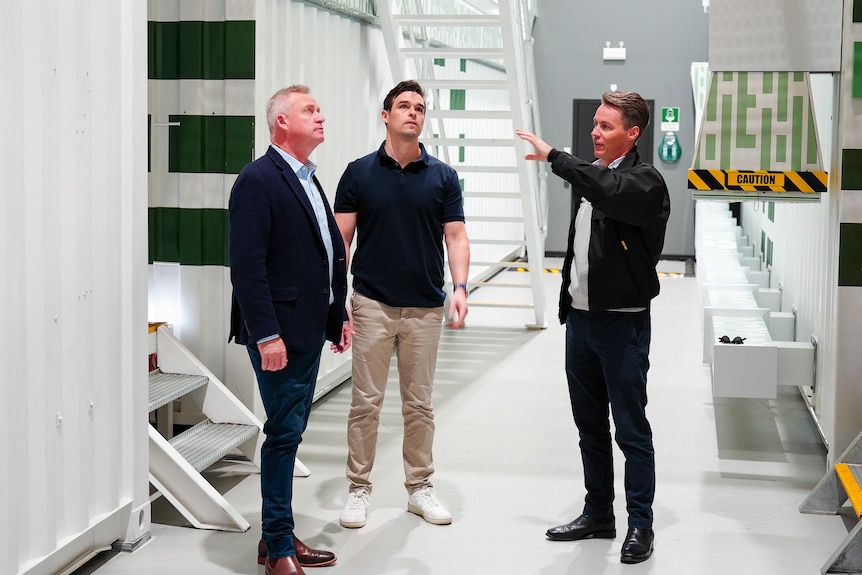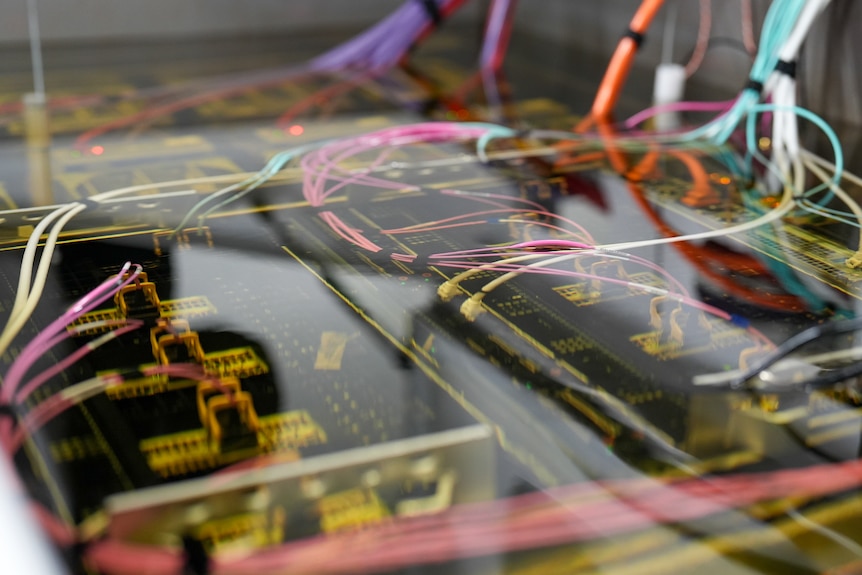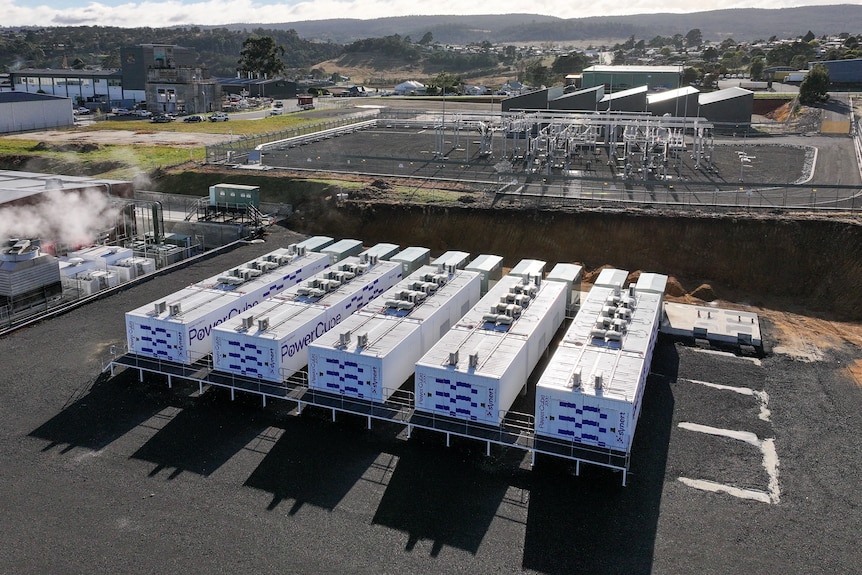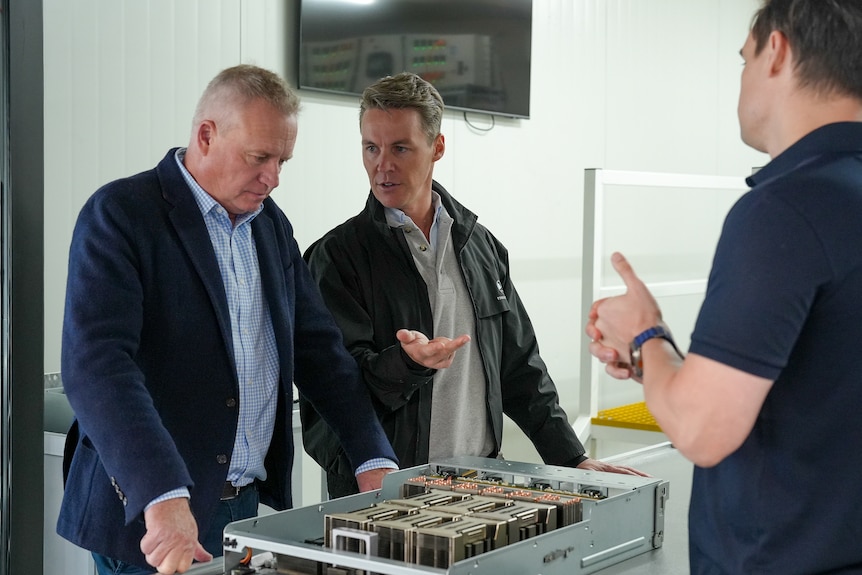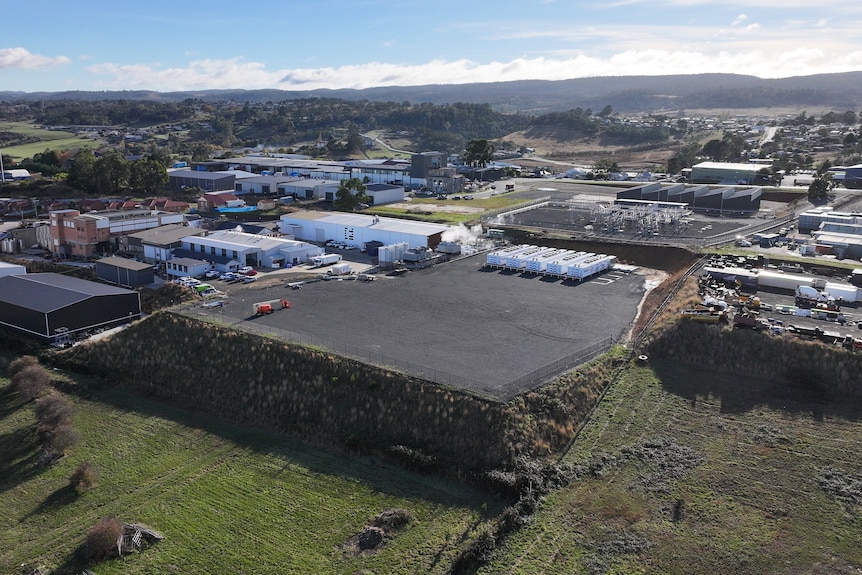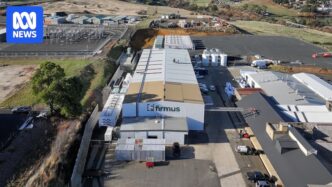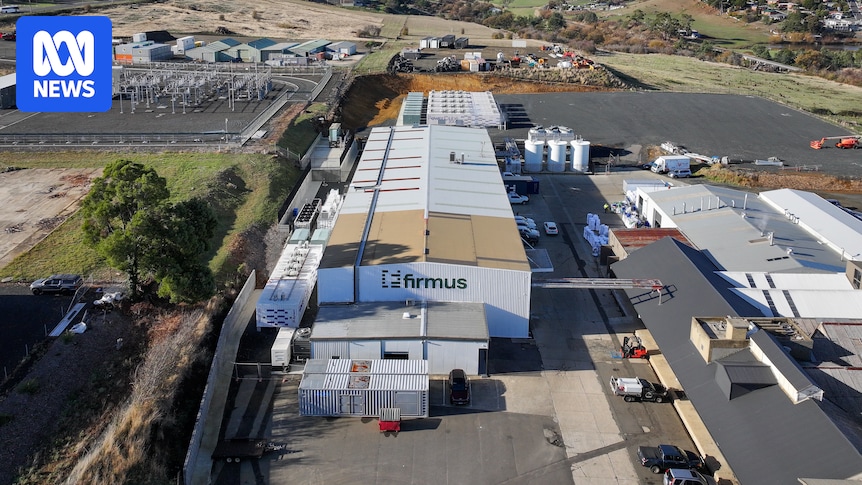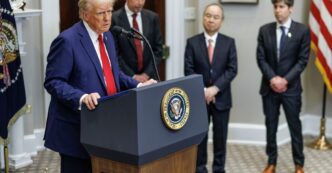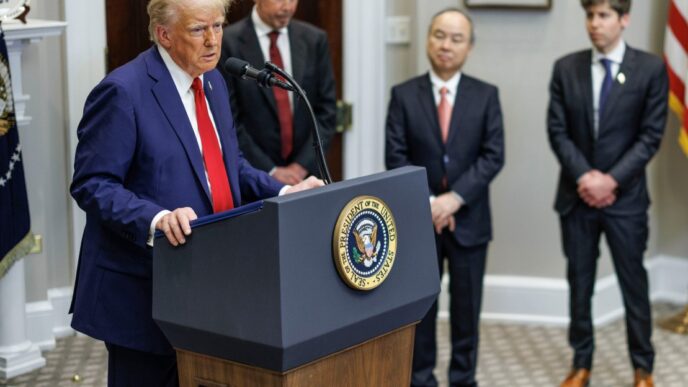Firmus Technologies is building a $2.1 billion AI factory in northern Tasmania, set to start operations in early 2025. The project aims to keep Australian data local and fuel AI tools like ChatGPT by producing the necessary "tokens" for AI training and inference.
This "AI factory" is more than a data center. Co-CEO Tim Rosenfield explained it combines physical data infrastructure with specialized GPU-powered computers focused on AI workloads. Customers range from everyday users to banks, telcos, and mining companies.
Tasmanian Premier Jeremy Rockliff plans to designate an "AI factory zone" around the site in Launceston’s St Leonards suburb, signaling government support despite no direct funding pledges from the ruling Liberal party ahead of July’s election.
The location was chosen for its ready renewable energy and cool climate.
Tim Rosenfield on sustainability and power:
"We’ve always believed that green energy is an important part [of] delivering AI sustainably and responsibly."
The facility will use a closed-loop liquid cooling system to manage heat without excessive water use.
UNSW AI Institute’s Toby Walsh welcomed the local build:
"People don’t realise that to get things like ChatGPT serving up all those wonderful funny responses requires a lot of infrastructure in the cloud and we need to start building that infrastructure if we’re going to be players in the AI race that’s coming."
He warned against reliance on overseas data centers:
"If they’re overseas, we have to ship our data overseas — our sensitive personal data, our sensitive commercial data, our sensitive health data — with other people. That’s a risk."
"And then the other risk is that — [and] we’ve seen this already that in the US — they can change their mind as to who they want to play with, and we may be therefore be easily cut off."
Despite plans for 50-100 full-time operators per 50 megawatts of capacity, Walsh cast doubt on local job growth:
"I have to be honest with you, it won’t be bringing that many jobs."
"There will be a significant number of jobs to build these factories in the first couple of years, but once those factories are built, they don’t employ that many people to run them."
The first stage needs 90 megawatts, with grid connection agreements in place. A 300-megawatt expansion remains aspirational.
Labor leader Dean Winter flagged power supply concerns:
"Firmus is a really exciting opportunity for the north, but there’s a big problem here — there isn’t enough power."
"We need to change the way the planning’s done in this state, we need to make sure we can get more generation into the grid so we can back businesses like Boyer, like our major industrials and new enterprises like Firmus is doing."
Other Tasmanian projects — like the Boyer paper mill — also report struggles securing renewable energy.
Firmus is racing to establish Tasmania as a renewable-powered AI hub, but balancing power demand and job promises remains a challenge in the state’s unfolding AI infrastructure story.
